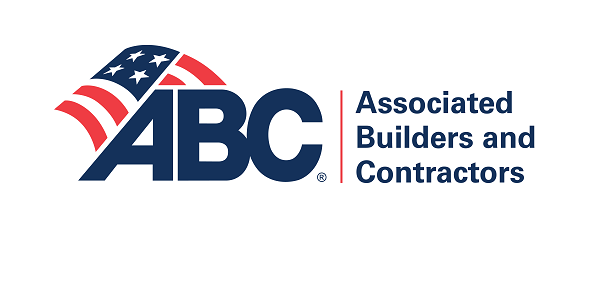
In a comment letter filed on May 17, Associated Builders and Contractors (ABC) urged President Joe Biden’s U.S. Department of Labor to withdraw an inflationary and flawed proposed rule revising Davis-Bacon Act and Related Acts regulations that apply to federal and federally assisted construction projects funded by taxpayers.
“The DOL’s proposed rule does little to improve or modernize Davis-Bacon Act regulations in the face of decades of complaints by government officials, taxpayer watchdogs and industry stakeholders critical of this regulatory boondoggle well-known for increasing the cost of construction, discouraging competition from small businesses and diminishing the value of taxpayer investment in government infrastructure projects,” said Ben Brubeck, ABC vice president of regulatory, labor and state affairs. “Instead, the proposed rule fails to fix the DOL’s unscientific wage determination process, rescinds modest pro-taxpayer reforms made by the Reagan administration and illegally increases regulatory burdens on small businesses, new industries and more public works projects.
“For years, ABC has called for reforms to confusing DOL red tape and unclear policies which—coupled with a dysfunctional wage determination process—have resulted in a broken system rigged by special interests and sympathetic bureaucrats to help make unionized contractors and union labour more competitive on public works projects,” said Brubeck. “With the Biden administration promoting itself as the most pro-union administration in history, it is little surprise the DOL missed an opportunity for meaningful regulatory reform and actively made Davis-Bacon Act regulations worse.
“Voters should know this proposed rule could not come at a worse time, as it will exacerbate the inflationary headwinds facing the construction industry—supply chain disruptions, unprecedented materials cost inflation, declining investment in structures and a skilled labour shortage of 650,000—and fail to improve the timeliness and quality of taxpayer-funded construction projects,“ said Brubeck. “This proposal will ultimately result in less value and job creation from taxpayer investment in infrastructure––including the $550 billion of new infrastructure funding via the Infrastructure Investment and Jobs Act.”
In nearly 70 pages of comments on the DOL’s proposed rule, Updating the Davis-Bacon and Related Acts Regulations, ABC opposed and provided feedback on many of the more than 50 significant changes in the proposed rule that will:
- Force contractors to adopt government-determined wage and benefits rates that do not reflect locally prevailing wage rates;
- Needlessly raise taxpayer-funded construction costs, resulting in few infrastructure projects and improvements;
- Stifle construction industry job creation and broader economic benefits;
- Undermine construction industry productivity and the efficient use of skilled labour;
- Disproportionately adopt union collective bargaining agreements as the government-determined prevailing wage;
- Unfairly give unionized firms an advantage when competing for public works contracts;
- Discourage competition from small businesses and minority-, women-owned and disadvantaged firms disproportionately by imposing onerous paperwork burdens and added regulatory costs; and
- Increase compliance risks on contractors and federal, state and local governments building projects funded by federal dollars subject to DBA requirements.
A new study released by the Beacon Hill Institute found the DBA costs taxpayers an extra $21 billion a year and increases the price tag of construction projects by at least 7.2% compared to the cost of construction if the DOL calculated prevailing wages using modern and scientific methodology via the U.S. Bureau of Labor Statistics.

In a recent survey, 94% of ABC members said that the DBA increases the overall cost of construction and creates more administrative burdens and costs than non-DBA projects. ABC members won 57% of the $128.73 billion in direct prime construction contracts exceeding $25 million awarded by federal agencies during fiscal years 2009-2021 and built hundreds of billions of dollars of construction procured by state and local government, funded in part by federal dollars.
In the absence of meaningful reforms, ABC has called for full repeal of the DBA and has opposed legislative and regulatory efforts to expand the scope of the DBA––and its costly regulatory burdens––onto public and private construction projects in which it has not been previously required. Likewise, ABC has called for reforms to and repeal of state and local prevailing wage regulations suffering from similar flaws as the federal DBA.
The 1931 Davis-Bacon Act and related regulations require contractors and subcontractors that perform work on federal and federally funded construction projects to pay a government-determined prevailing wage and benefit rate on an hourly basis to on-site construction workers. According to the DOL rulemaking, the Davis-Bacon Act and 71 active Related Acts collectively apply to an estimated $217 billion in federal and federally assisted construction spending per year—about 63% of all government construction put in place—and provide government-determined wage rates for an estimated 1.2 million U.S. construction workers.










